Pastors are called to be empathetic and understanding leaders within their faith communities, so an understanding of ACEs and childhood trauma is an important piece of what they do every day. We met with Pastor Josh Zoerhof, the Teaching Pastor at Ridgepoint Community Church in Holland. Josh has also been a counselor, specializing in child and adolescent development. Our interview with Josh is full of his passion, his knowledge, and his expertise.
When Josh was studying for his Master’s in understanding trauma and how it affects people, he started asking more about what specifically leads people to bad emotional and physical health. He learned that children and students between ages 8 and 18 are the most stressed age group in the United States. And with stress, come all kinds of potentially harmful and negative effects.
There’s a great disparity within different socioeconomic groups in West Michigan, and across the United States. For example, people who live in a cyclical generational poverty, experience poor nutrition, lack of access to healthcare, or lack of education, have a greater risk of experiencing adversity in childhood. We may think it doesn’t exist here in West Michigan, but it does. Many students in Ottawa County are currently dealing with more trauma than we realize.
“As human beings, we are hardwired for connection with other people. What trauma does is rewire us for protection.”
Trauma rewires our brains and reshapes our ability to understand and connect with other people. And once that damage has been done, it’s not an easy fix to get back to healthy. But with the right support, anyone can develop resilience and move from trauma to thriving. ACEs is a great framework to help us understand and categorize these events in people’s lives. And it can give us an increased capacity for understanding and compassion.
“It’s easy to see people as problems, instead of people who have problems. Understanding ACEs helps us see that if someone’s behavior is negative, that might not mean they’re just being a jerk. It is a form of communication.”
And that negative communication is an almost sure sign that a person (child, adolescent, or adult) has experienced trauma, or is in the midst of it. People are never “finished,” they’re always in process. And the ACEs framework helps Josh have the perspective that he’s only ever seeing a short clip from a person’s entire life story. We don’t always know where people have come from, but we can always ask ourselves the question, “What don’t I know?”
If you’ve experienced trauma, it’s important to work through it. You cannot move forward without doing the work of resolving whatever happened in your past. Grief can be avoided, but it will not be ignored. If you try to avoid and escape your issues, you will end up with emotional and physical health problems. But if you come face to face with it through counseling, support from family, friends and your community, you can work towards healing.
If you want to support those who have been through trauma, or support children in the midst of trauma, there are some things you can do. It’s so important to have supportive systems and a community to help individuals to combat the effects of trauma. If we invest in the life of just one child (in addition to our own children), we can make a big difference. Resilience has a lot to do with social support we receive throughout our lives, and if we as healthy adults are involved in our community, we can help break the cycle of trauma.
Thank you so much for sharing with us, Josh!
